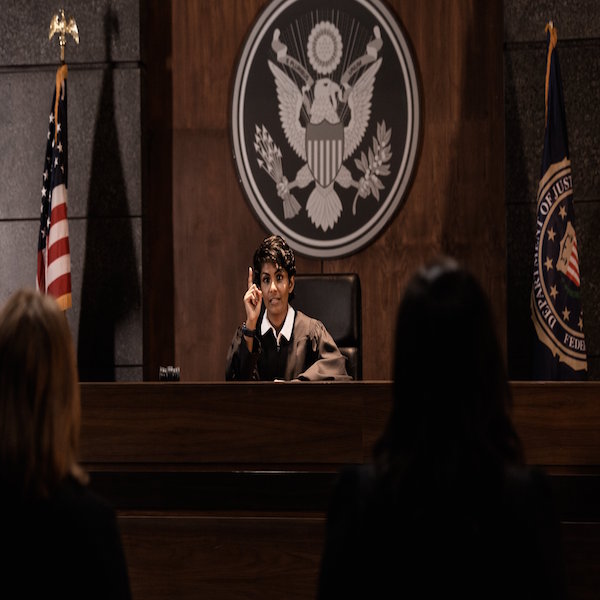
How does a Criminal Trial work?
A Criminal Trial begins after an accused has been arrested and charged and both sides (the Prosecution and Defense) have been given time to prepare their cases.
Before the Trial begins, the case is given to a Prosecutor and it is assigned to a Judge. The accused will either choose their own Defense lawyer or the Court will appoint one. The Trial will then be given a hearing date. Prior to that date, a Jury is sworn is. Selecting a Jury in certain cases is big business. People with money will hire teams to scrutinise the Jurors being selected and object if they believe one won’t be favourable to their case.
When the Jury have been sworn in, the Prosecution goes first. They address the Jury with an Opening Statement. The Defense does the same. Then the Prosecution’s case begins which includes witness testimony and cross examination. The Defense gets the same opportunity.
When all witnesses have been heard for both sides and questions, the Prosecution and Defense both give Closing Statements.
The Judge then give a Judge’s Charge to the Jury which is essentially a set of instructions for the Jury and addresses any legal issues that need to be dealt with. The Judge explains the law to the Jury.
The Judge then sends the Jury out to deliberate and consider a verdict. The Judge emphasises that they must reach their decision based only on the evidence presented in Court.
The Jury then retires to deliberate and return when a verdict is reached. If a verdict cannot be reached after a sufficient amount of time has passed, the Judge may say that they will accept a majority verdict (for example 10-2 or 11-1) instead of a unanimous verdict. If the Jury cannot reach a decision still, a mistrial will be declared and the State will have to decide whether to have another Trial or not. They will only proceed with another Trial if they think there is a good chance of a conviction.
If the verdict is not guilty, the accused is acquitted and remain an innocent person in the eyes of the law.If the verdict is guilty, the accused will be sentenced. The sentence hearing may not happen the same day. Sometimes, the Defense wants some time to prepare some mitigation arguments to try get a reduced sentenced. The length of time of the sentence itself will depend on the charge and the State. The Judge’s hands may be tied as there may be a mandatory sentence requirement that they must impose on the accused or they may have more discretion. If it’s the latter, the Judge will look to similar crimes and what sentences were handed down. The Judge will consider factors such as whether or not there were any mitigating or aggravating factors that should be taken into account when sentencing.
The accused will be sentenced and it is open to them to appeal the conviction. To appeal the conviction, there needs to be compelling arguments to show that either a mistake was made at Trial, by the Jury or by the Judge or other factors in relation to the evidence heard or witness testimony. Sometimes the accused does not wish to appeal the conviction but may appeal the sentence only based on the severity of the sentence. They may feel the Judge was too harsh when sentencing. It is important to note that it may result in no change or a reduced sentence but it may also result in a longer sentence.
Leave a comment
The comments below have not been moderated




Chilling Crimes
Author